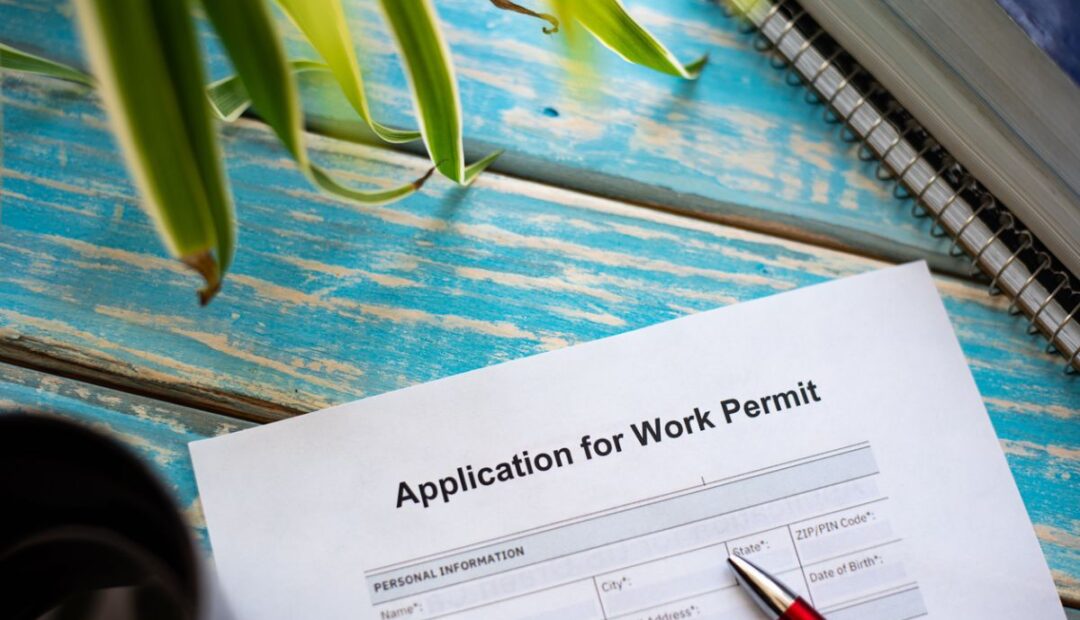USCIS Agrees to Change Procedures for Adjudicating Work Permits for H-4 and L-2 Spouses

Extraordinarily high processing times for work authorization applications for dependent spouses in the U.S. on H-4 and L-2 nonimmigrant visas have led to unprecedented lapses in the ability of these individuals to work. In addition, in many cases, the work authorizations expire months before U.S. Citizenship and Immigration Services (USCIS) approves the pending renewal applications.
Under current USCIS policy, individuals on H-4 and L-2 visas only can work in the U.S. with valid, unexpired employment authorization documents (EADs). These significant processing delays by USCIS led a group of spouse-dependent visa holders to file suit in the case of Shergill v. Mayorkas.
H-4 and L-2 Nonimmigrant Visa Holders
H-4 visas are available to the spouses and dependent children of individuals working in the U.S. under certain temporary work visas. The eligible visas include H-1B, H-2A, H-2B, and H-3 visas. Spouses of some H-1B visa holders are eligible for work authorization when the H-1B visa holder has an approved I-140 Immigrant Petition for Alien Worker or an employment-based green card. These individuals have been eligible for work authorization since 2015.
L-2 visas are available to the spouses and dependent children of individuals working in the U.S. under L-1 or Intracompany Transferee Visas. All L-2 visa holders have been eligible for work authorization since 2002.
Settlement in Shergill v. Mayorkas
USCIS recently agreed to a settlement in the pending lawsuit that expands the ability of some H-4 and L-2 visa holders to maintain work authorization while awaiting adjudication of their renewal applications. The settlement increases eligibility for H-4 and L-2 visa holders as follows:
- They will receive an automatic renewal of their EAD cards, which will last for up to 180 days beyond the expiration of their EAD cards until their I-94 status expires, or until USCIS adjudicates their renewal applications, whichever comes first, so long as:
- Their nonimmigrant visa status remains valid as shown on their I-94 travel record, and
- They file their EAD renewal applications with USCIS before their previously approved EAD cards expire
- L-2 spouses will receive work authorization incident to status, so they will not need a separate EAD application when issued an I-94 travel record noting their L-2 spouse status.
- H-4 spouses eligible for work authorization but who are applying for their first EAD card or who submit an application for a new EAD card after their previous card has expired will continue to be ineligible to work. This is because USCIS must approve their work authorization applications and issue them new EAD cards before they can work legally.
Implementation of the Settlement
USCIS will update I-94 forms to provide for spousal annotations within 120 days of the final settlement agreement, as this type of I-94 record does not currently exist. USCIS also is preparing formal guidance on the application of these changes. This guidance also will contain instructions for employers on preparing I-9 certification for those workers who qualify for work authorization under the terms of this settlement agreement. Successful implementation of these changes should lead to increased job security for these spouses and consistency for employers, as the changes will minimize unavoidable lapses in work authorization.
Contact Us Today for Legal Assistance with Your Immigration Case
The Bashyam Global Immigration Law Group limits its practice solely to immigration matters. This focus allows us to concentrate our efforts on keeping abreast of the ever-changing immigration law and policy world. We are here to represent your interests, no matter whether you need help with getting an employment-based visa, bringing a loved one to the U.S., or defending against deportation. So call us today at (919) 833-0840 and see what we can do for you.